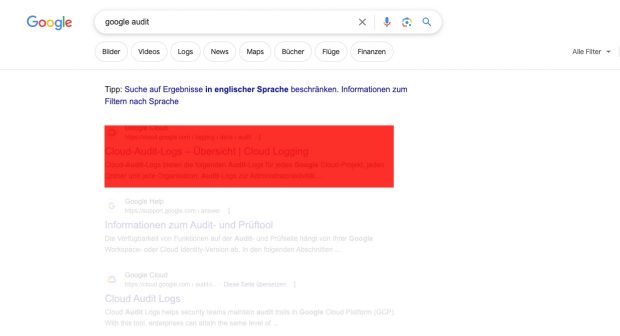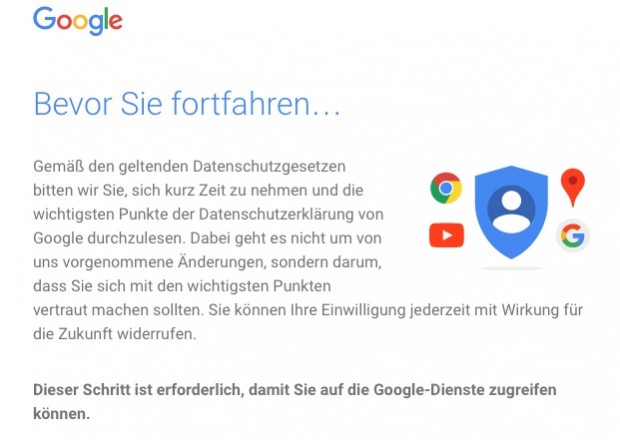An interesting Nature editorial reporting a recent study
A study in Nature last month highlights a previously underappreciated aspect of this phenomenon: the existence of data voids, information spaces that lack evidence, into which people searching to check the accuracy of controversial topics can easily fall…
Clearly, copying terms from inaccurate news stories into a search engine reinforces misinformation, making it a poor method for verifying accuracy…
Google does not manually remove content, or de-rank a search result; nor does it moderate or edit content, in the way that social-media sites and publishers do.
So what could be done?
There’s also a body of literature on improving media literacy — including suggestions on more, or better education on discriminating between different sources in search results.
Sure increasing media literacy at the consumer site would be helpful. But letting Google earn all that money without any further curation efforts? The original study found
Here, across five experiments, we present consistent evidence that online search to evaluate the truthfulness of false news articles actually increases the probability of believing them.
So why not putting out red flags? Or de-rank search results?

